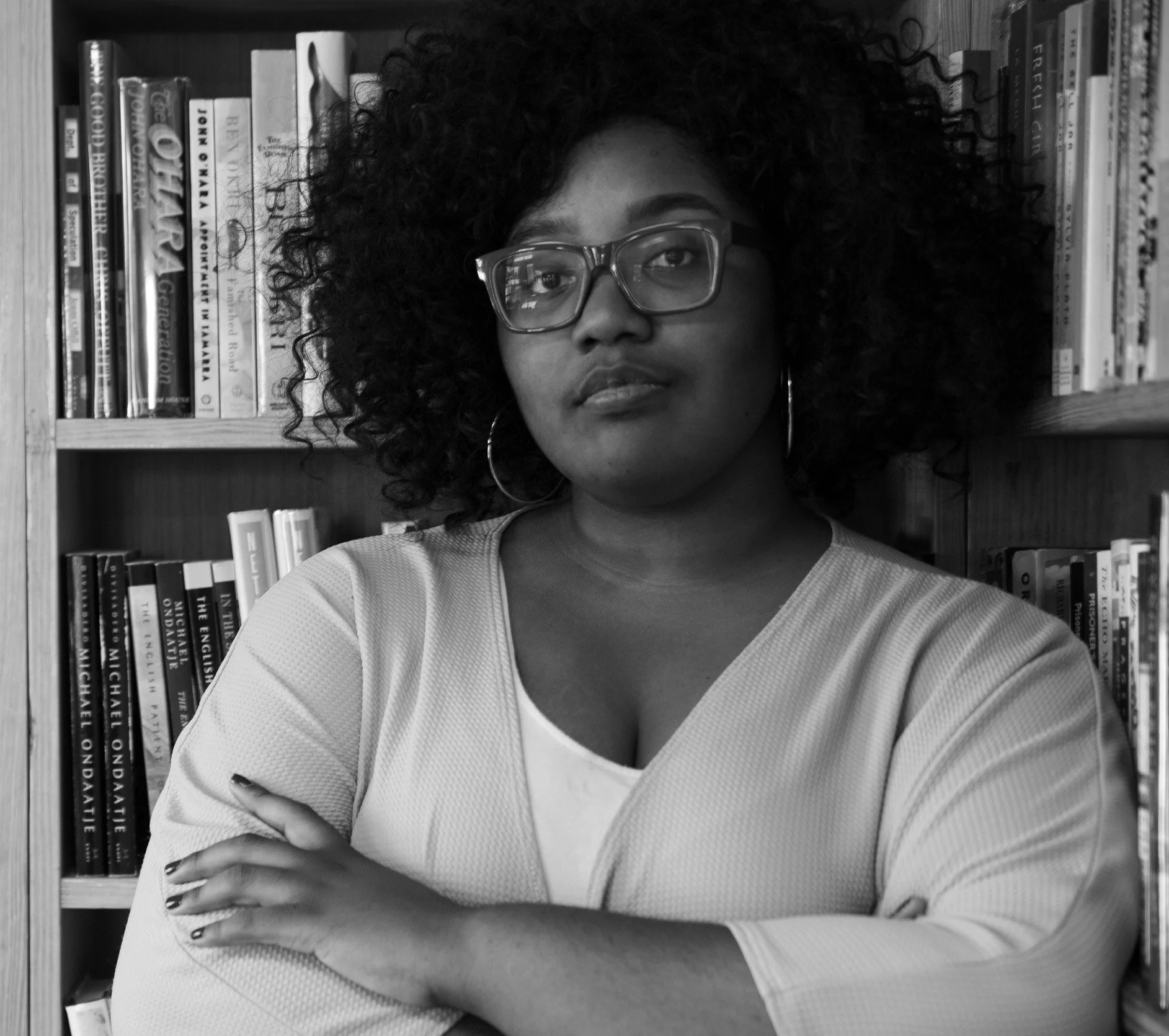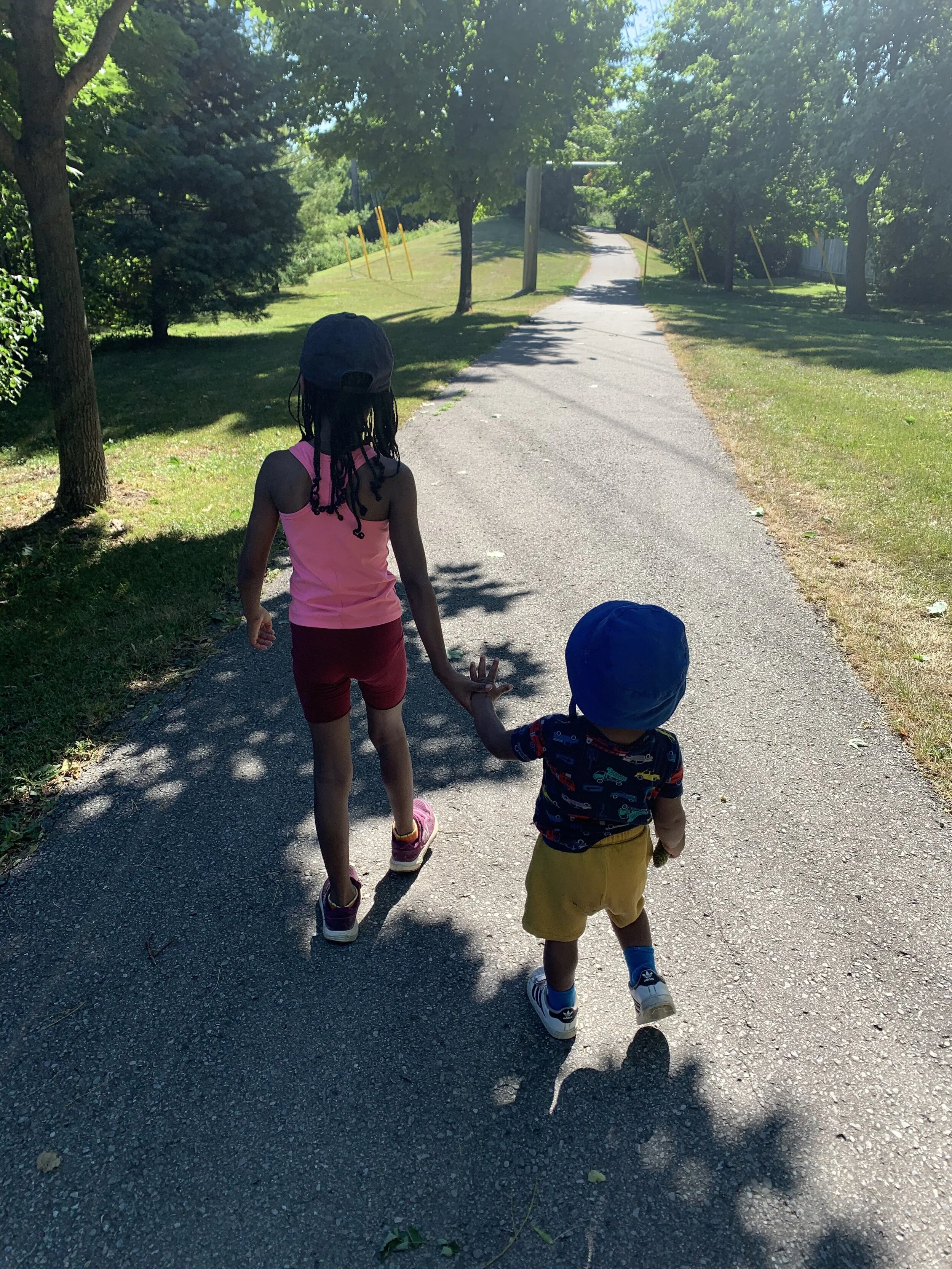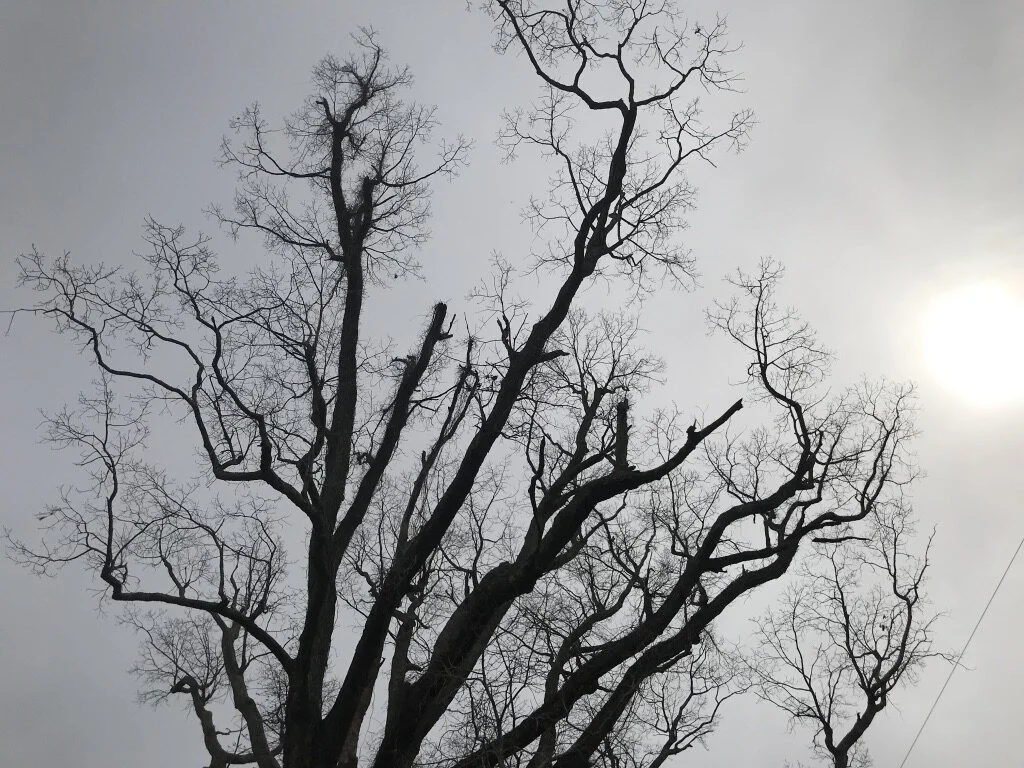Who is Ravynn K. Springfield? I took this question two ways. First, how I understand myself—I am Ravynn, first and last of my name. I am a carrier of legacies. I am Thelia’s granddaughter, a storyteller, someone who chases starlight, and in the more practical sense I am a PhD Candidate in American Studies.
Read MoreMy historical training begins with my Nana. She was an archivist, not in the traditional sense, but in a familial and communal one. When you entered her home in Robeson County, North Carolina, you came in through the side door before entering the den. This is were she greeted you. The front door, which no one used, led to her living room, a place where only God and a selective group of Her adult children could enter. It was a place as a child I peeked into and entered only momentarily before hearing a yell from my snitching cousin, “NANA, CHRISTINA’S IN THE LIVING ROOM!”
Read MorePreparing for my move from Toronto to Baltimore, my advisor warned me of how easily graduate students grow lonely—a gentle reminder of the necessity to make and maintain community as a practice of black feminist survival in the academe. Despite forewarning, I don’t think anyone could have prepared me for the isolation that a global pandemic would bring.
Read MoreFor the young Black Feminist coming of age, a long line of women await you. For you, I have gathered some sounds of Black Femme Freedom so that the next time the call for freedom beckons, you will know, you will join in, and, like me, you can occupy your seat at the table.
Read MoreFurtive glances, stolen embraces, fleeting touch, whispered promises—these are the practices of erotic marronage.
Read MoreMy parents made home on the corner of El Segundo y La Santa Fe, in an apartment building which housed a predominantly Latinx community.
Read Morean attempt to privilege sensations and geographic ways of knowing of black southerners (“poetics of landscape”) to offer one of many fugitive maps of the black south
Read MoreWith the various forms of police violence enacted on Black women and girls, we must still demand and shout today, "Why are they continuously forgotten?" And so this site is my form of protest, saying the names of cis and trans Black women and girls louder-not just for folks in the back, but for those up front too.
Read MoreSocial media is both ephemeral and lasting, as such, we wanted to chart the public response, and archive the discussion surrounding the #FugitiveHandbook. This post serves as a palimpsest. We seek to archive these discussions using them as a point of departure to define and engage with questions of fugitivity, and how its attending theories, shape our digital humanist practices.
Read MoreElectric Marronage is excited to announce Dr. Yomaira Figueroa’s tenure as Associate Professor at Michigan State University. Dr. Figueroa, EM’s co-founder and co-curator, holds appointments in the Department of English, the Department of African American and African Studies, and the Chicano/Latino Studies Program where she teaches a range of courses including “Poetics of Liberation and Relation,” “Decoloniality, Diaspora, and the Human,” and “Afro-Diasporas and the Global Metropoles.” She is co-founder of the Womxn of Color Initiatives and a pioneer of MSU’s Mentoring Underrepresented Students in English (MUSE).
Read MoreIn the early twentieth century, African American physicians were particularly invested in challenging racial assumptions of disease susceptibility. As African Americans faced high rates of infectious diseases such as tuberculosis and syphilis, these physicians sought to prove that these diseases were not the result of racial inferiority, but rather stemmed from environmental and social conditions.
Read MoreThe great poet Lucille Clifton—a black woman and Baltimore native—captured the fact of blackness perfectly: “Come celebrate with me that everyday something has tried to kill me and failed.” It’s an invitation, first, but one quickly followed with a clear and unvarnished recounting of an attempted annihilation. The Johns Hopkins History Seminar attempted to annihilate blackness over and over again.
Read Moreblack rage is a velocity. it has been building momentum since 1441. it will not go away until an anti-black world is completely undone.
Read MoreMas is a celebration of the subordinate. The mask is a tool of the underclass. It offers possibilities for false identity making, new identity making and revelations of the self. The masquerader obstructs state and public surveillance by inviting themselves to be seen. Masquerading as a self-adornment practice allows those who were barred from the promises of freedom; upward mobility, ownership over body, sexuality and labor, the opportunity chart their own meanings of freedom.
Read MoreThis photographic collection of images positions Black folk’s stealing as a performance of wake work. The Black rebels in these photos challenge the notion of private property and fiercely refuse the legacy of Black bodies as chattel. Beyond the actual “looting” of property, they steal their right to mourn for the dead in their own ways; they steal back their voices in a world that aims to silence them…
Read More…death come to my house/didn’t stay long/looked on my bed and my father was gone/I’m gonna see my friends again/hallelu.
Read MoreM. NourbeSe Philips theorizes maroonage as the “coming together” of body, space and place. To maroon is to abscond from the outer space, and to forge an inner space, a real and imagined orbit cultivated for the Black body. This space becomes an oppositional geography to the predominate state order, it is, even if ephemeral, impenetrable to the outside forces of white supremacy. The maroon - through acts of subversion, mapping routes of escape and, plotting land - claimed place, and reclaimed their bodies as sites for the construction of alternative visions of freedom.
Read Moren the early days of the COVID-19 pandemic unfolding in the US, rumors of black immunity to the virus began to circulate on social media. After testing positive for COVID-19, Idris Elba even made a statement about why rumors of black immunity were dangerous. Even, public health officials concerted efforts to dispel these rumors.
Read More“The body archive is an attunement, a hopeful gathering, an act of love against the foreclosures of reason. It is a way of knowing the body-self as a becoming and unbecoming thing, of scrambling time and matter, of turning toward rather than against oneself. And vitally, it is a way of thinking-feeling the body’s unbounded relation to other bodies. “
Read More


















